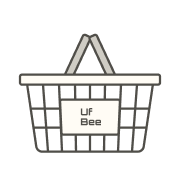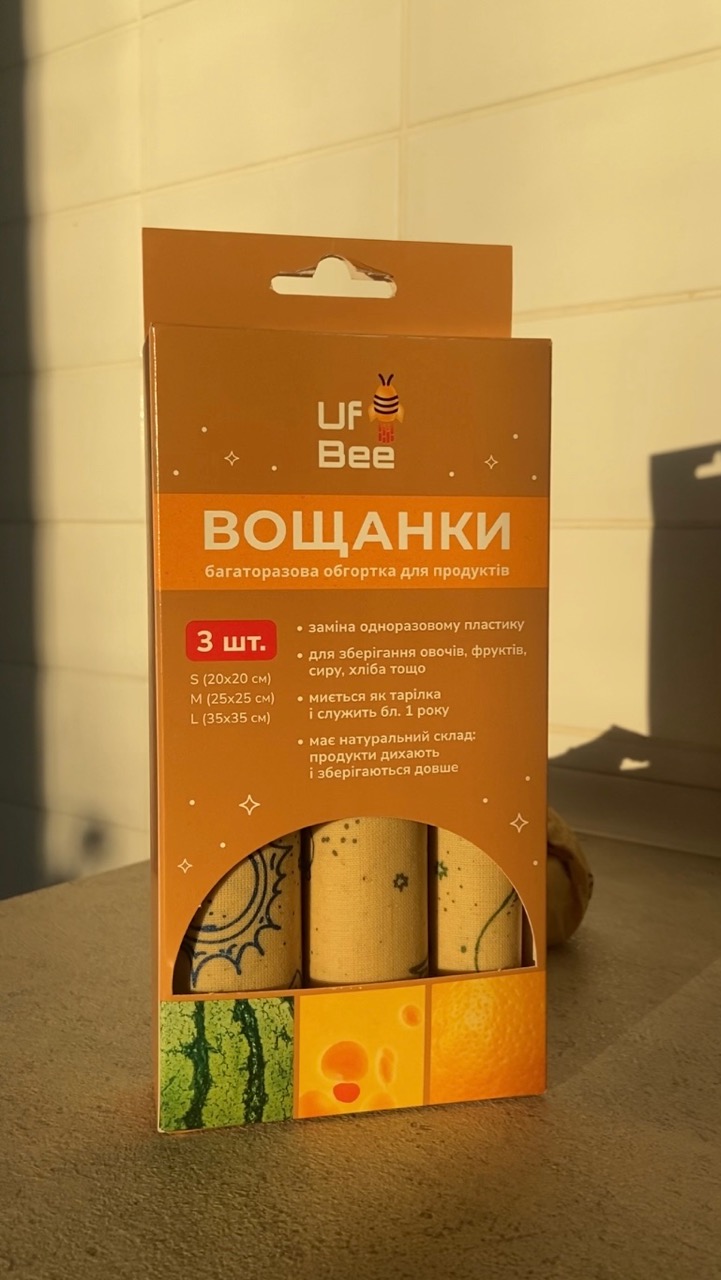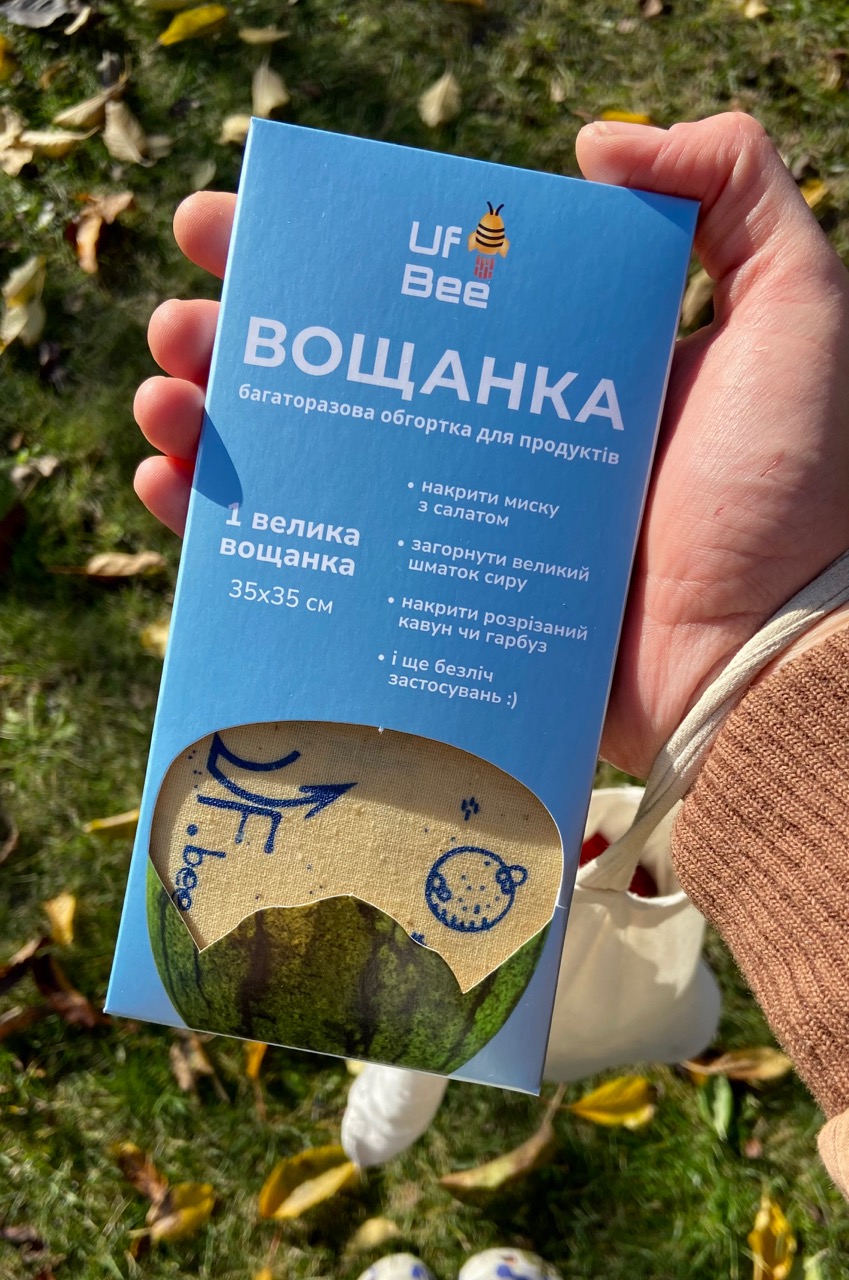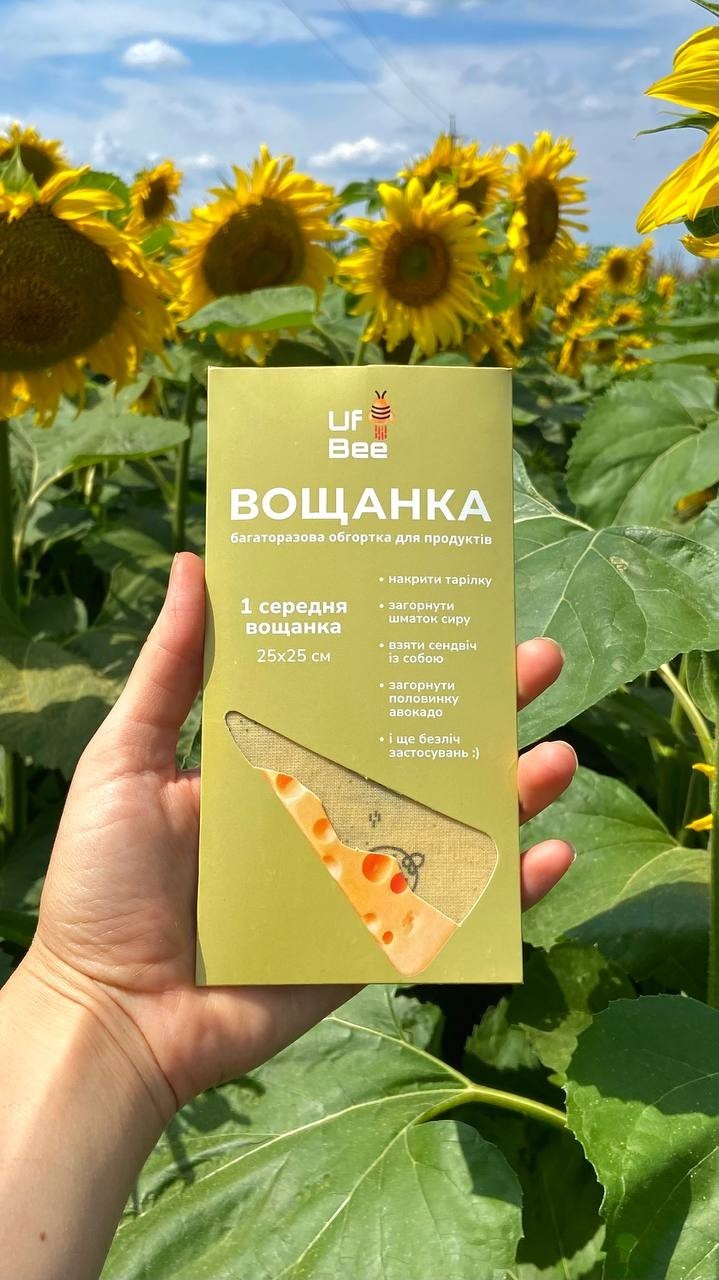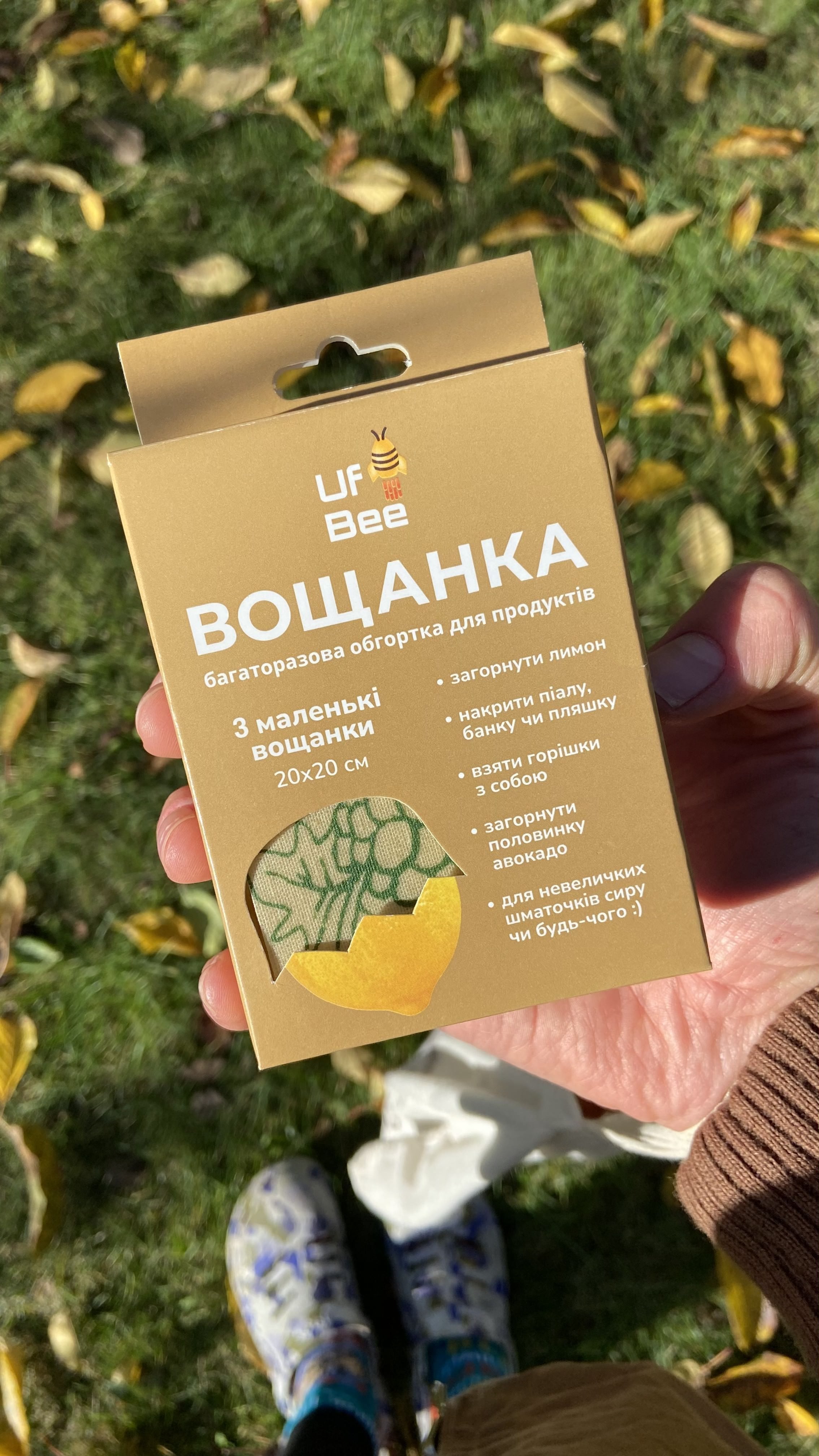Hello, have you tried beeswax wraps?

About Us
Uf.Bee is the first company in Ukraine manufacturing reusable beeswax food wraps, environmentally friendly alternative to cling film and the best storing solution for keeping your food fresh for longer. Since late 2018, our mission has been to make the age of Mars colonization plastic free here, on Earth, and as of 2022 — make Ukraine free of russians!
About Us92% of Europeans have BPA in their bodies - EEA data

🌍🔍 This is the result of a five-year study by HBM4EU, published by the European Environment Agency (EEA) on September 14, and they shocked everyone 🤯 Why? Because Bisphenol A was banned from use and prohibited from the beginning of the research, and it was not just found in the bodies of people, its level significantly exceeded safe norms. So, what is BPA and why is this news alarming? BPA, or Bisphenol A, is a synthetic chemical compound used in the production of plastics. It is practically used everywhere: from containers for food and water bottles to clothing, pipes, electronics, medical devices, building materials, and more. 😬 Currently, in the human body, Bisphenol A mainly enters with water and food, where it gets from plastic containers and bottles. What does Bisphenol A do in the body: it harms the reproductive system, causes severe eye damage, triggers allergic reactions and irritations of the respiratory tract. Besides, it is known that BPA can mimic hormones and disrupt the normal functioning of the endocrine system. And this is not the end of the list, as it leads to breast cancer and heart problems 😱Since BPA still gets into our body when it is banned? 🤔 First, in small quantities, BPA can still be in containers for food and water bottles. These small amounts gradually accumulate in the body. Second, when Bisphenol A was banned, its substitutes began to be used, such as Bisphenol S and Bisphenol F - both are not less dangerous according to research, as they are evaluated by the same scientists as not less dangerous. 🙅♀️🤔 What to do with this information? Make the best decision about your own lifestyle. 1) Avoid plastic packaging for food and water, pay attention that heating these containers is particularly dangerous, so do not put them in the microwave. And when choosing plastic dishes, pay attention to the BPA-free label. 2) Choose alternatives from natural materials: glass, wooden bowls, wax wrappers. Less plastic with its "non-degradable but harmful components" is a better life! 🍃
Search Now
Recent Post
-
12 31, 2025 How to use Uf In Ua product for ecological needs
-
12 30, 2025 How to use wax wrappers from Uf In Ua
Our Featured Products
The only beeswax wraps in the world in cosmic design and food grade certified at L.I. Medved’s Research Center of Preventive Toxicology, Food and Chemical Safety of the Ministry of Health of Ukraine
for a pumpkin, a watermelon, to cover a large bowl of salad, and more
₴210.00
For cheese, to cover a plate, and overall, it’s the most versatile size!
₴110.00
₴250.00
___ufbee_
kyiv
- Всі. Свої, Хрещатик, 27
- Всі. Свої, бул. С. Бандери, 36 (ТРЦ Блокбастер)
- Всі.Свої, Кільцева дорога, 1 (ТРЦ Respublika Park)
- Крамниця-кав’ярня “Шафарня”, вул. Салютна, 2 (ЖК “Файна Таун”, 9 буд.)
- Новус, вул. Кільцева дорога, 12
- Новус, пр. Броварський, 17
- Новус, пр. Європейського Союзу, 47 (ТРЦ Retroville)
- Новус, пр. Академіка Палладіна, 7а
- Новус, пр. М. Бажана, 8
- Новус, вул. Гната Хоткевича, 1а
- Новус, пл. Гостомельська, 1
- Новус, пр. В. Лобановського, 4д
- Новус, пр. Броварський, 18д
- Новус, вул. Тальнівська, 3
- Новус, вул. Є.Сверстюка, 4 (ЖК “Галактика")
- Новус, вул. Г. Кірпи, 5
- Новус, вул. Святошинська, 3
- Новус, вул. Княжий Затон, 4/4
- Новус, вул. Здолбунівська, 7г
- Новус, пр. П. Григоренка, 18
- Новус, бул. М. Міхновського, 16а
- Новус, пл. Керченська, 7
- Новус, вул. Богатирська, 32 (ЖК "Італійський квартал”)
- Новус, вул. Гарматна, 26/2 (біля ПК “Росток”)
- Новус, пр. Берестейський, 134/1 (ТЦ “Хіт Молл)
- Новус, вул. І. Пулюя, 8а
- Новус, вул. Братиславська, 48а
- Новус, пр. Р. Шухевича, 2т (ТРЦ SkyMall)
- Новус, пр. Червоної Калини, 85
- Новус, вул. М. Гришка, 3 (БЦ Platinum)
- Новус, вул. Метрологічна, 19
- Станція сортування “Україна без сміття", вул. Саперно-Слобідська, 25/4
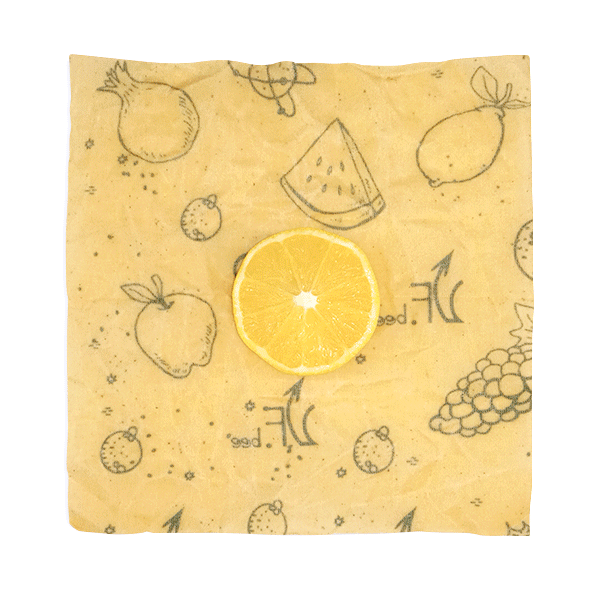
 English
English
 Українська
Українська
